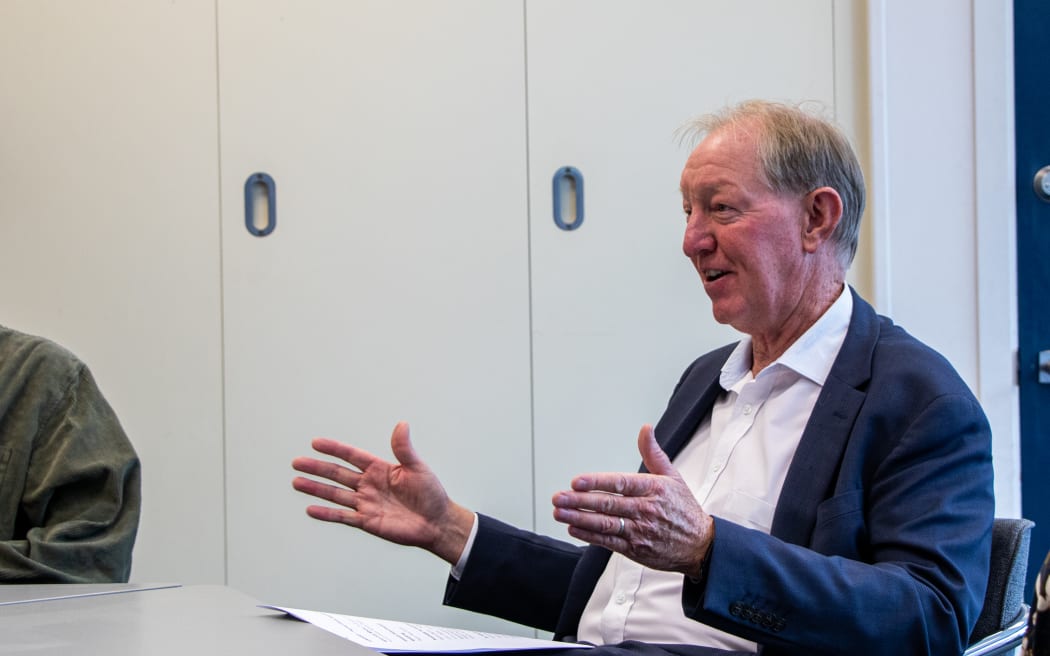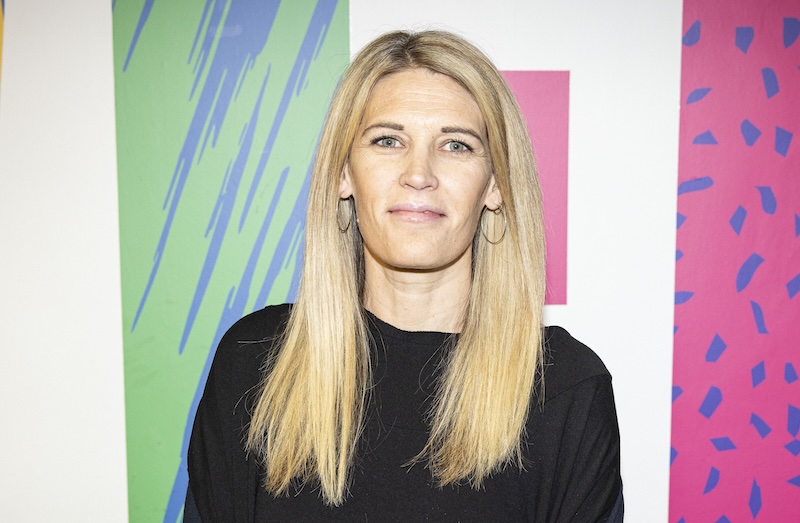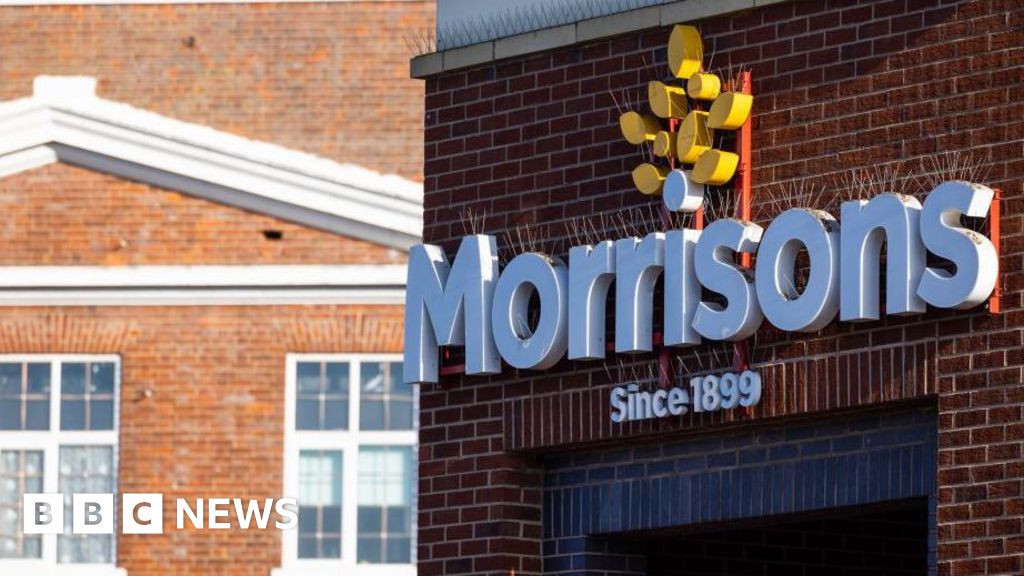Te Whatu Ora Nelson Marlborough has applied for consent to burn up to 4000 tonnes of coal a year.
Photo: RNZ / Nate McKinnon
The decision to continue using coal to heat and power Nelson Hospital will now be decided on by Nelson City Council’s elected members.
The council voted unanimously on Thursday to revoke the delegation to staff to decide the discharge consent application.
Te Whatu Ora Nelson Marlborough, previously the Nelson Marlborough District Health Board, has applied for consent to burn up to 4000 tonnes of coal a year, for seven years, to heat and power its buildings.
Nelson mayor Nick Smith said the consent application was inconsistent with climate change emissions targets.
“My nervousness is that with a seven-year consent, there will not be the necessary urgency given to what I think are imminently practical technologies to heat the hospital without the use of coal.”
Smith said globally, the single greatest cause of climate change came from burning coal.
“The further issue for me is not just where it is a cause of climate change, but are there viable and practical alternatives? In some areas it is really hard and this is an area where it is imminently possible to make change.”
Nelson Hospital currently uses a combination of coal and landfill gas from York Valley for heating and electricity.
Nelson City Council’s group environmental manager Dennis Bush-King said the council was the decision maker under the Resource Management Act, but had chosen to delegate the administration of the decision making to staff for efficiency.

Nelson mayor Nick Smith
Photo: Supplied / Nelson City Council
Staff would continue to prepare reports and advise on the resource consent process.
Bush-King told councillors it was important they listen to all the voices when it came to making a decision on the application.
“You don’t want to pre-determine any outcome at the moment, you are open to be persuaded if you are going to be the decision-maker on the application but you are going to have to consider all the matters that are going to come before you.”
Te Whatu Ora hospital and specialist services lead Lexie O’Shea said it had a target date of November 2024 to replace the use of the coal boiler at Nelson Hospital with a more sustainable option.
The hospital staff were working with Te Whatu Ora’s infrastructure and investment group and the Energy Efficiency and Conservation Authority (EECA) to find the best option for an environmentally-sound replacement energy source.
That needed to include back-up systems as Te Whatu Ora needed to continue providing uninterrupted health services to our community in a range of scenarios.
O’Shea said since making the consent application it had made good progress, and expected to shorten the application to three years.
But Smith said told the council he was doubtful as to whether that timeframe could be met given there was not yet a location, design work or a contract for a new energy plant.
“What I wish to do, as constructively as I can, get the replacement of that coal advanced as quickly as possible. My view is the decision I am recommending for you today is a tool the council can use to help motivate that occurring more quickly.”
Councillor Tim Skinner said it was “cheeky” for the hospital to ask for consent for another seven years and it was also a “kick in the teeth” when the public had complied with stringent wood burner restrictions to improve air quality in the region.
That was echoed by Councillor James Hodgson, who said he was glad the issue had been raised.
“I think we would be letting down our Victory Community in particular to not look into this with a bit more detail and give it the consideration that it deserves, seven years is a very long time… it would concern me to have a decision like this pass us by.”
Deputy mayor Rohan O’Neill-Stevens also supported the move and said it was “crucial we urgently see the end of coal”.
Councillor Aaron Stallard said a number of community groups and individuals had been working hard for some time, pushing for Nelson to stop burning coal.
The council did not make a decision on the consent itself, but voted unanimously to consider the resource consent application directly.





















Discussion about this post